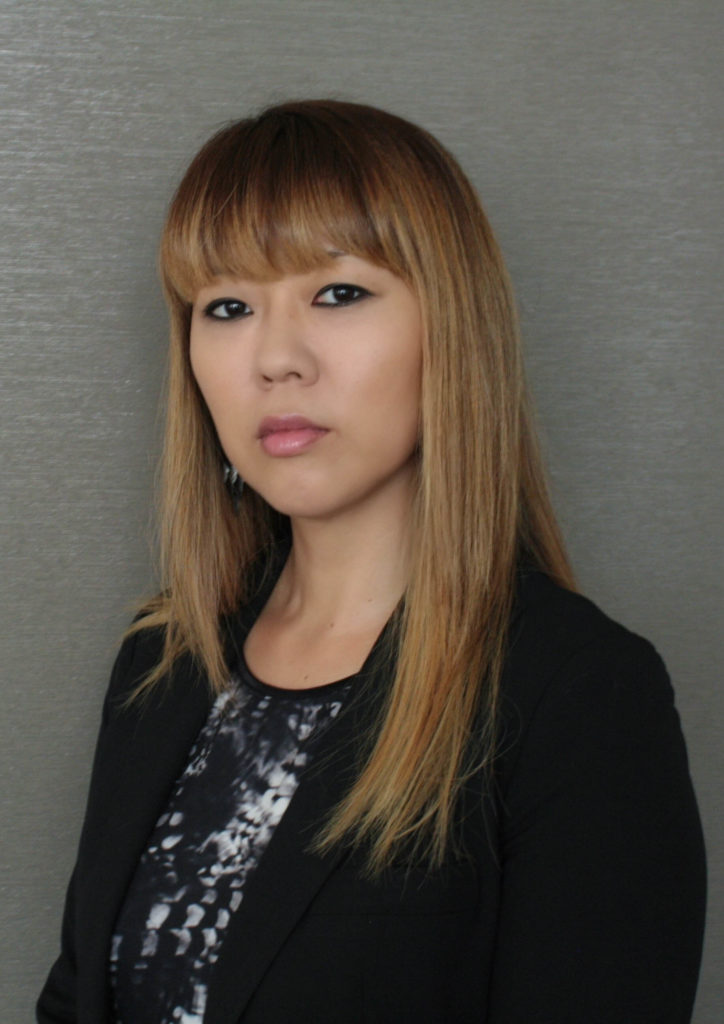Editor’s Note
[Global NK] interviews leading North Korea experts for timely analysis on North Korea once a month. For this month, we invited Jenny Town, Senior Fellow at the Stimson Center and the Director of Stimson’s 38 North Program, to analyze Pyongyang’s intentions behind its recent series of missile provocations and agendas for ROK-U.S. cooperation under the incoming Yoon Suk-yeol administration. Ms. Town views that Pyongyang’s recent missile tests provided Kim Jong Un with tangible political outcomes, showcasing his strength of will amid a time of domestic struggle. On the incoming ROK-U.S. summit and the Yoon administration’s U.S. policy, Ms. Town states that the summit is a symbol of bilateral cooperation, manifesting Yoon’s willingness to deepen ties and the gravity of Korean Peninsula issues in Washington. Finally, she notes the need for Washington’s policy circles to refrain from narrowing down their focus on great power competition and pivot their attention towards regional dynamics and bilateral relations and the importance of incorporating South Korean voices in the U.S. policymaking process to deal with North Korea’s threats.
1. The Socio-economic and Political Context of Pyongyang’s Missile Tests
- Ms. Town views that Pyongyang’s weapons proliferation gives Kim “concrete tangible successes” for the path he set forward for North Korea, serving as a tool to showcase the tenacity of his leadership against the backdrop dire socio-economic circumstances in North Korea.
- On top of that, greater U.S.-China strategic tension discouraged the two countries from cooperating on North Korea issues. In turn, “China and Russia have continued to advocate for sanctions relief for North Korea for humanitarian and livelihood purposes.”
- Under such a political environment, Ms. Town forecasts that “we are not going to get the same sort of international response we got in the past” outside of unilateral actions.
2. Prospects for ROK-U.S. Relations Under the Yoon Administration
- Ms. Town states that Yoon’s plans to further develop and deepen ROK-U.S. ties have “been largely welcomed from Washington as a way to repair some of the mistrust that has grown over the past five years between Trump and Moon.”
- Regarding the ROK-U.S. summit set to unfold ten days after Yoon’s inauguration, Ms. Town predicts that the summit will likely be a symbolic meeting, signaling Yoon’s aspirations to “get off on the right foot” on ROK-U.S. relations.
- Nonetheless, the summit does show that “despite what’s going on in Russia, South Korea and the North Korea issue, the Korean Peninsula are not a low priority.”
3. Policy Response from Washington to North Korea Issues
- Ms. Town claims that North Korea’s recent provocations have generated greater interest on not on North Korea issues, but also on the Korean Peninsula in general in Washington, reflected by a notable increase in the number of relevant events, research, and outreach.
- “North Korea’s actions and continued provocative behavior is a real manifestation of what happens when we get too focused on great power competition.” In this regard, Ms. Town states that Washington’s tendency to focus on great power competition should be complemented with research into how that strategic environment affects individual countries such as South Korea and bilateral relationships in the region.
4. Incorporating South Korean Voices into Washington’s Policy Circle
- Ms. Town posits that policy circles in Washington are “always looking for ways to highlight South Korean voices and perspectives on the region, so that it isn’t fully dominated by U.S. narrative across the political spectrum.”
- She views that more Korean perspectives available in English will “help the global community better understand the concerns, threat perceptions, and challenges that we’re dealing with collectively.” ■
※ Please cite accordingly when referencing this source.
■ Typeset by Seung Yeon Lee, Research Associate
For inquiries: 02 2277 1683 (ext. 205) | slee@eai.or.kr

